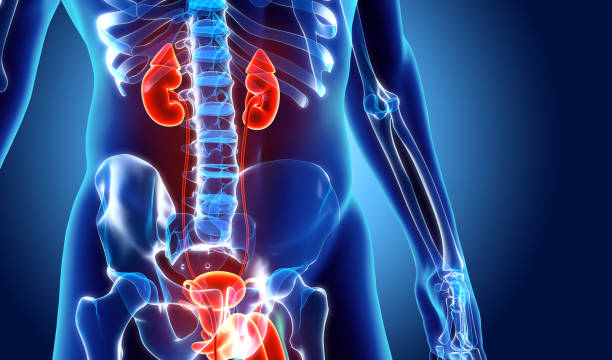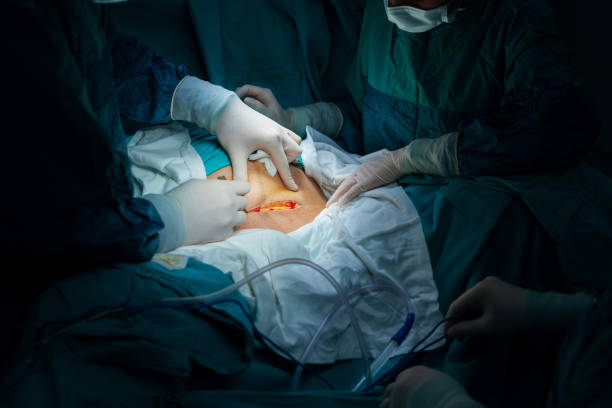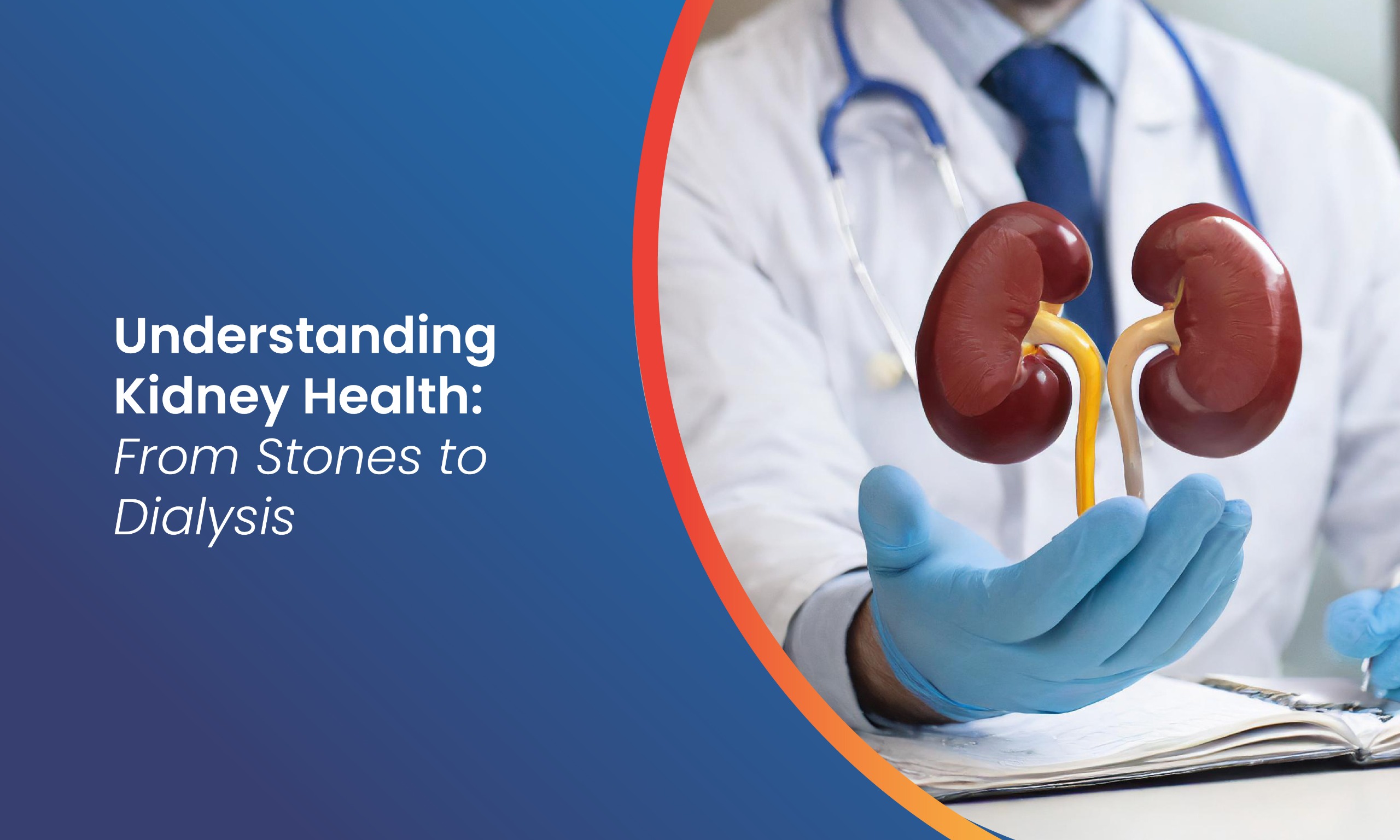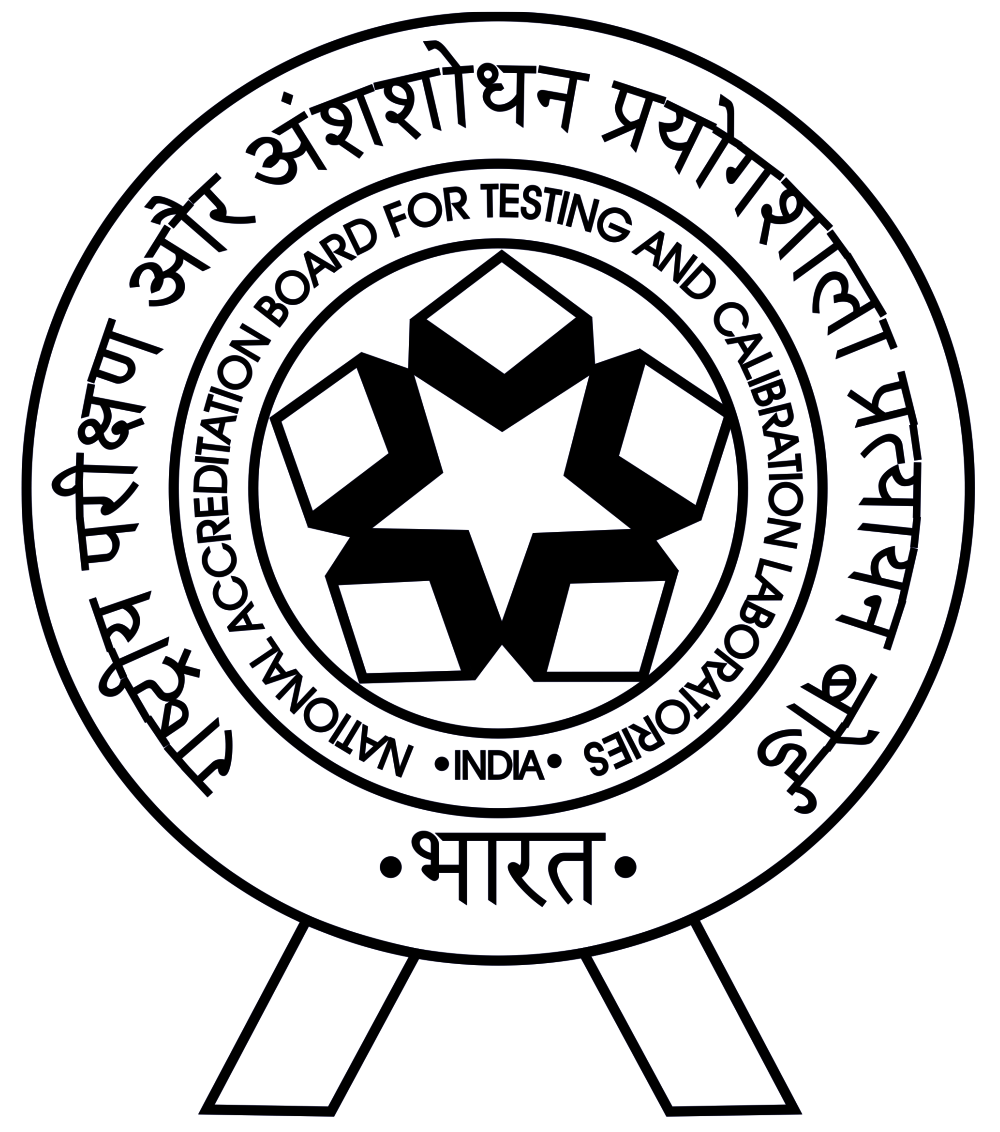
Urologic Oncology & Genitourinary Cancer Care at ShardaCare – Healthcity
At ShardaCare - Healthcity, we offer specialized care in Urologic-Oncology, dedicated to diagnosing and treating various Urologic Cancers, including those affecting the Kidneys, Bladder, Prostate, Testicles, Adrenal Glands, and other Genito-Urinary Organs.
With a focus on Cancer Management, our Urologic Oncologists utilize the latest advancements in technology and treatment modalities to ensure that each patient receives the best possible care and outcomes. We specialize in minimally invasive procedures such as Robotic Surgery and Laparoscopic Surgery, which not only enhance the effectiveness of Cancer Treatment but also promote better functional outcomes for patients. At ShardaCare - Healthcity, we are committed to providing comprehensive care and personalized treatment plans tailored to each patient's unique needs.
Types
1. Bladder Cancer
The Bladder, a Vital Organ located in the Lower Abdomen, serves as a reservoir for Urine produced by the Kidneys during Blood Filtration. Comprising an Elastic and Muscular Wall, the Bladder expands and contracts to accommodate and expel Urine through the Urethra. Bladder Cancer originates in the inner layer of the Bladder and can progress into the Bladder Walls, posing challenges in treatment.
Types of Bladder Cancer
Bladder Cancer is categorized based on the cellular composition. The primary types include:
- Transitional Cell Bladder Cancer: Accounting for approximately 90% of Bladder Cancers, Transitional Cell Carcinoma originates from Urothelial Cells lining the Bladder. When confined to the Bladder lining, it is termed non-invasive Bladder Cancer.
- Squamous Cell Bladder Cancer: Arising from Thin, Flat Squamous Cells, this type of Bladder Cancer may develop following prolonged Infection or Irritation. Although less common than transitional Cell Carcinomas, they can exhibit aggressive behaviour.
- Adenocarcinoma: This form of Bladder Cancer Emerges from the Inner Bladder Lining due to Chronic Irritation and Inflammation. Adenocarcinomas tend to display aggressive characteristics.
2. Prostate Cancer
Prostate Cancer stands as the most prevalent Cancer among men in Western countries and ranks second in incidence among Males in India. While Postate Cancer is the second leading cause of Cancer-related Deaths in Men, following Lung Cancer, advancements in awareness, screening, and treatment modalities have substantially improved survival rates.
The Prostate, a Gland about the size of a walnut, resides in the Male Reproductive System, positioned just below the Bladder and in front of the Rectum. Enveloping part of the Urethra, it plays a crucial role in Semen Production and Sperm Nourishment. The development of the Prostate begins during Fetal growth and continues under the influence of Male Hormones, Primarily Testosterone, until adulthood.
Occasionally, the Prostate's region surrounding the Urethra may undergo Abnormal growth, leading to Benign Prostatic Hyperplasia (BPH). While this condition can impede Urinary flow and require treatment, it does not signify Prostate Cancer.
With heightened awareness, regular screening, and advancements in therapeutic interventions, the survival rate for Prostate Cancer has seen remarkable improvement. Early detection significantly enhances treatment success rates, with a five-year survival rate reaching approximately 95% for early-stage Prostate Cancer. Moreover, the successful treatment enables patients to resume normal life activities with favourable outcomes.
In some cases, Prostate Cancer may exhibit indolent behaviour, posing a minimal threat to a man's life. In such instances, observation rather than immediate treatment may be a viable approach, ensuring tailored management based on individual circumstances.
3. Kidney Cancer
The kidneys play a crucial role in maintaining the body's overall health by filtering waste from the Blood and Expelling it as Urine. Kidney Cancer, also known as Renal Cell Cancer (RCC), occurs when Abnormal Cells in the Kidney begin to multiply uncontrollably, forming a Tumor that can be malignant (Cancerous) or, in rare cases, benign (Noncancerous). Typically, Kidney Cancer originates in the Lining of the Kidney's Tubules, which are responsible for absorbing Nutrins and regulating water levels. This type of Cancer is referred to as Renal Cell Carcinoma.
Fortunately, Kidney Cancer is often detected early, facilitating prompt and effective treatment. However, if left untreated, it can progress and metastasize to other Organs in the body. While Kidney Cancer can affect individuals of any age, it is more commonly diagnosed in older adults. The average age of diagnosis is around 64, with a significant number of cases occurring between the ages of 65 and 74. Although rare, recent screening initiatives have identified instances of Kidney Cancer in individuals under the age of 45.
Causes
The precise cause of Urological Cancer remains uncertain, but several risk factors have been identified, including:
• Genetic Mutations
• Smoking
• Infection with Schistosoma Haematobium
• Occupational exposure to Polycyclic Aromatic Hydrocarbons
• Using tap water that has Arsenic, Chlorine, or Chlorination residues in it;
• Family history of Urological Cancer
• Advancing Age
• Gender (Men are at more than double the risk compared to Women)
• Obesity
• Hypertension
• Prolonged Renal Dialysis and advanced Kidney disease
Common Symptoms
Symptoms of Urological Cancer can vary depending on the affected organ. Some common signs include:
• Haematuria (Blood in the Urine)
• Erectile Dysfunction
• Lower Back Pain
• Painful or Frequent Urination
• Blood at the opening of the Penis
• Anaemia
• Loss of Appetite and Weight Loss
• Hypertension
• Swelling in Ankles and Legs
• Breast Tenderness or Growth in Men
• Changes in Testicular Size or Hardness.
• Pain in the Scrotum or Testicles
• Disturbed Urine Flow
• Lump or Cyst near the Penis or Testicle
Diagnostics
Urologists employ various diagnostic procedures to assess the severity and extent of Cancer, including:
- X-ray
- Prostate-Specific Antigen (PSA) test (for Prostate Cancer Staging)
- Core Needle Biopsy
- Magnetic Resonance Imaging (MRI)
- Computed Tomography (CT) Scan
- Angiography
- Positron Emission Tomography (PET) Scan
Treatments
Treatment options for Urological Cancers are Varied, Tailored to individual needs, and influenced by factors such as Cancer type and stage. They include:
- Surgery: Surgery is often the primary treatment for Urological Cancers. Different Surgical procedures may be performed, including Prostatectomy (Removal of the Prostate Gland), Radical Cystectomy (Removal of the Bladder), Radical Orchiectomy (Removal of the affected Testicle), and Partial or Total Penectomy (Partial or Complete removal of the Penis).
- Chemotherapy: Chemotherapy drugs are used to destroy or control Cancer Cells. They may be prescribed alongside Surgery or Radiation Therapy to alleviate symptoms and target advanced Cancer.
- Radiation Therapy: Radiation therapy involves the external administration of X-rays to destroy Cancer Cells or the placement of Radioactive materials near the malignant area. This treatment option aims to Shrink Tumours and prevent Cancer spread.
- Hormonal Therapy: Also known as Androgen Deprivation Therapy, Hormonal Therapy is commonly used to treat advanced Prostate Cancer by reducing Testosterone Production, which fuels Cancer growth.
- Targeted Therapy: This precision Cancer treatment directs drugs to specific features of Cancer Cells, inhibiting their growth or preventing the formation of new Cancer Cells. It relies on advanced Genomic Testing and other Diagnostics to determine its effectiveness, Sparing Normal Cells from the damage associated with traditional Chemotherapy.
Immunotherapy: Drugs that are used in Immunotherapy make the body's Immune System go after and Kill Cancer Cells. By making the Immune System work harder, these drugs help the body find and Kill Cancer Cells, which is a hopeful way to treat Urinary Cancer.
Looking for an Expert
ShardaCare - Healthcity is home to some of the eminent Doctors in the world.
Book an Appointment




















